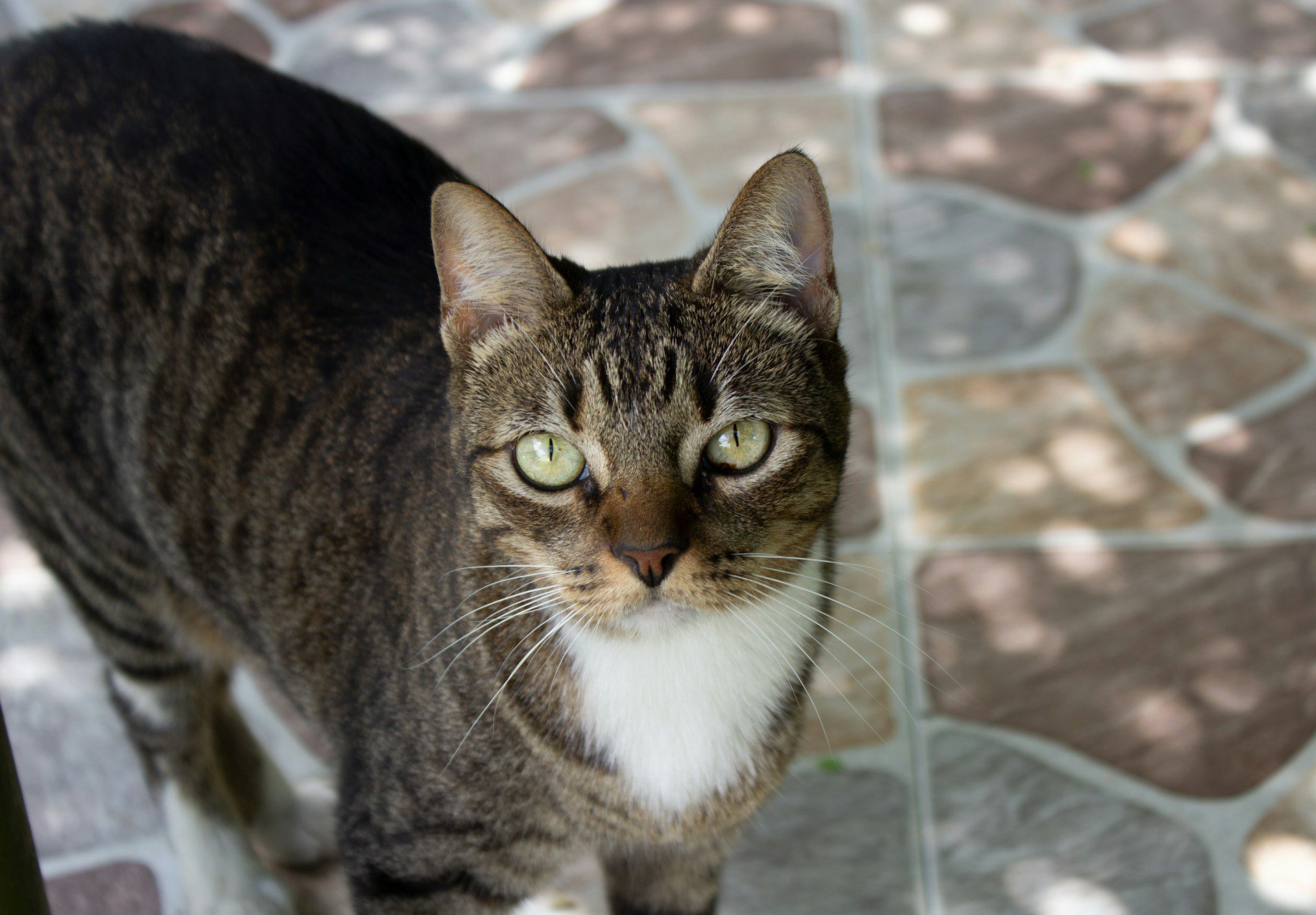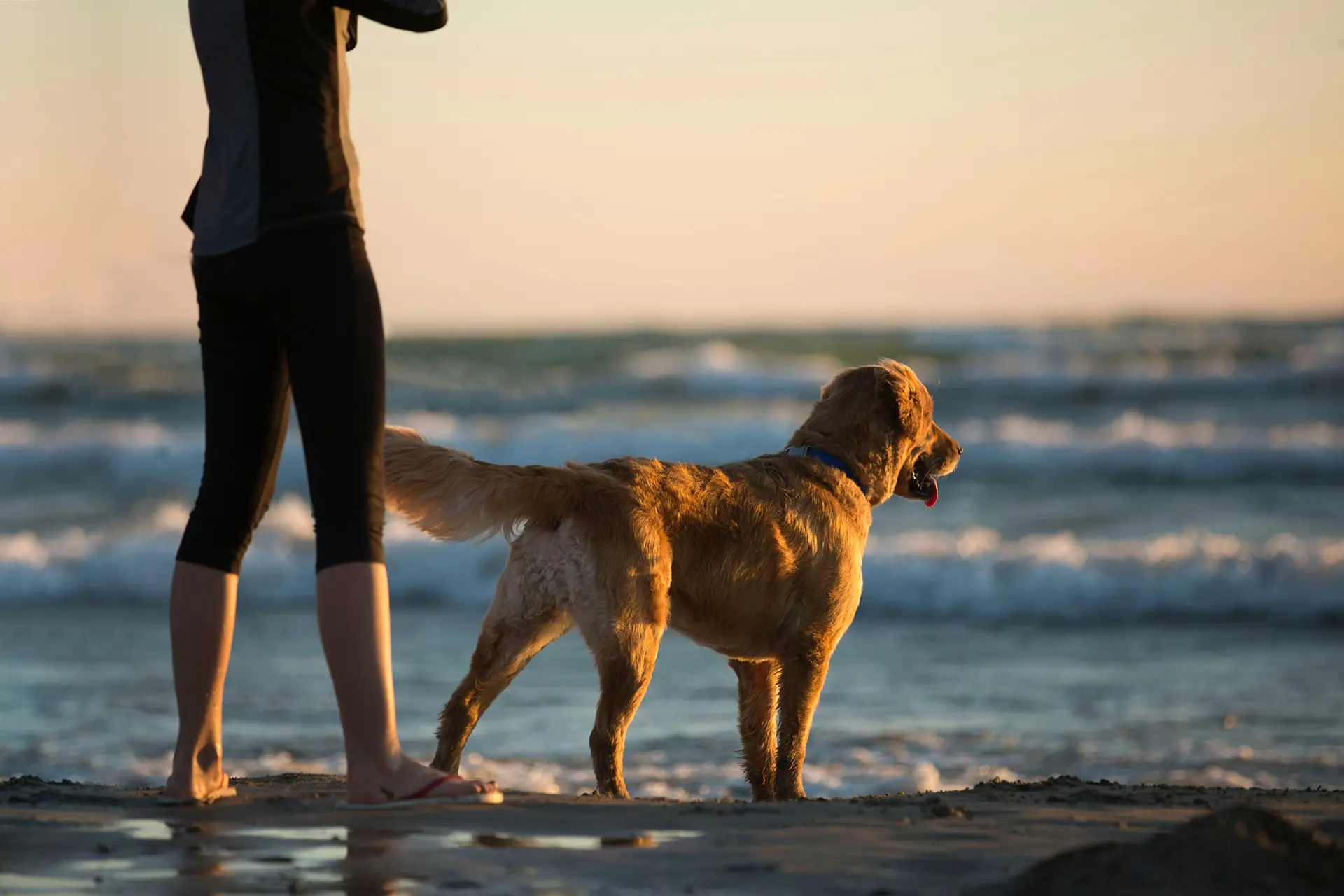Cats are famous for their meticulous grooming and graceful movements, but their culinary preferences often fly under the radar. While a typical cat’s diet might seem straightforward—commercial kibble and an occasional treat—the truth is many felines display unusual cat eating habits in varied forms that puzzle veterinarians. These behaviors range from nibbling on non-food items like wool or plastic to exhibiting strange feeding schedules and insisting on only certain flavors. Some experts believe these quirks stem from genetics, environmental influences, or underlying health conditions. Others suggest these behaviors represent instinctual carryovers from their wild ancestors, who had to adapt to unpredictable food sources. Understanding these peculiarities can help cat owners better support their pets’ dietary needs, identify potential health issues early, and ensure that mealtime is safe and fulfilling. Throughout this article, we’ll explore what research has uncovered about these odd feeding patterns and explain how they affect feline well-being.
Cats are well-known for their mysterious ways. We all know that, but did you know that their eating habits can sometimes be quite odd? Of course, all animals have their own individual quirks and ticks, which is why we love them. Read on as a vet talks about some unusual eating habits your cat may get into.
Finicky Eaters, They Are
Cats are known for their unusual cat eating habits, often seen as finicky by their owners. They don’t typically enjoy eating in the “normal” way humans might expect. If your cat prefers a distinctive eating style, there’s no cause for concern—it’s a natural behavior for them. This quirk in their dietary preferences is just part of what makes each cat unique.
No matter what kind of cat you have, you’ll notice that they all have a few things in common. They sleep a lot, and they love to play.
But what you might not know is that each cat has his own distinct personality, and they each have their unique eating habits. Here are some of the most common ones:>
Tongue-Rolling
“Tongue-rolling” is one of the most popular ways cats eat. When a cat rolls their tongue back into their mouth, this allows them to push food further into their throat and make it easier for them to swallow it. This technique can be used with large chunks of meat or wet food, but since cats don’t like wet kibble, tongue rolling may not be very useful when it comes to dry food.
Lapping
“Lapping” is a technique seen in cats’ unusual eating habits, particularly common among older felines. As cats age, they may lose their sense of smell, which complicates their ability to detect solid food. Instead, they often resort to lapping up liquids from bowls, water bottles, or fountains. This method allows them to absorb necessary nutrients indirectly, even when their traditional sense of taste and smell diminishes, ensuring they maintain adequate hydration and nutrition. This adaptive behavior highlights the diverse and unusual cat eating habits that cat owners might observe as their pets age.
Eating Poop
Cats will eat their own poop. Yuck!
This is a weird one, but it’s true. Cats do it to get the nutrients from their food back into their system, so they can digest it again and make use of those nutrients in their bodies. It might seem gross, but at least it’s natural.
If you have more questions or are concerned about a particular behavior your cat is displaying, please feel free to call our office anytime.
Understanding Unusual Cat Eating Habits in 2025: From Tongue-Rolling to Coprophagia
What constitutes ‘normal’ eating behavior in cats?
Normal eating behavior in cats varies widely due to their unique personalities and preferences. Typically, cats consume food in small, frequent meals throughout the day. They are known to exhibit behaviors such as tongue-rolling to aid swallowing, especially useful with meat chunks. Cats also lap liquids, a method that becomes more prevalent with age as some lose their sense of smell. While eating habits like consuming feces may seem abnormal, it’s a natural behavior for some cats seeking to reabsorb nutrients. Overall, what’s ‘normal’ can differ significantly from one cat to another.
What are the psychological aspects of eating behaviors?
Cats display distinctive eating behaviors shaped by individual personalities, sensory perception, and environmental influences. Preferences develop from their experiences, interactions, and comfort levels, guiding unusual behaviors like tongue-rolling or lapping. Certain patterns may reflect stress or anxiety, leading cats to seek familiar textures or flavors. Additionally, grooming instincts and digestive needs can drive behaviors like fecal consumption. Psychological factors combine with physiological responses, forming a complex relationship with food that influences daily habits. Understanding these aspects helps explain why feeding styles vary widely within the feline population. They demonstrate that feeding is not merely a survival mechanism but part of their psychological makeup.
How do environmental factors affect cat eating behaviors?
Environmental factors significantly influence cat eating behaviors. Changes in a cat’s surroundings, such as moving to a new home or alterations in the household routine, can lead to unusual eating habits. For instance, stress can make cats more finicky or reduce their appetite altogether. Additionally, the location and cleanliness of feeding areas impact their willingness to eat. Cats prefer quiet, undisturbed spots to enjoy their meals. Ensuring a consistent and calm environment helps maintain regular eating patterns and prevents stress-related eating issues.
How can eating habits be modified or managed?
Cats’ unique eating habits, including finicky preferences and behaviors like tongue-rolling and lapping, can be managed through gradual adjustments. Introduce new foods slowly, mixing them with familiar items to ease the transition. For undesirable habits such as eating feces, keeping the litter box clean and providing a nutrient-rich diet can discourage this behavior. Regular vet consultations can ensure these habits are not symptoms of underlying health issues, thus maintaining a healthy diet and environment for cats is crucial for modifying their eating behaviors.
What are the medical implications of eating habits?
Unusual feline eating patterns, like tongue-rolling or lapping, often result from normal anatomical adaptations or age-related sensory changes. Such behaviors alone do not usually indicate harmful conditions. However, consuming feces may suggest underlying gastrointestinal issues or nutritional imbalances. This habit, known as coprophagia, can increase exposure to parasites or bacteria, potentially leading to digestive upset. Monitoring for unexpected weight loss, persistent diarrhea, or changes in appetite helps identify deeper problems. Consistent and varied nutritional support, veterinary evaluations, and regular parasite screenings help ensure healthy digestion and overall well-being. Careful observation of feeding routines and consulting with a professional when unusual patterns persist encourages early detection of medical concerns. Adjusting diets or treating underlying disorders fosters improved health.
Contact us, your local animal clinic in Bloomington, CA!



